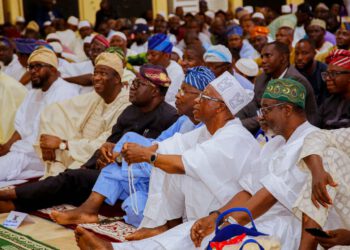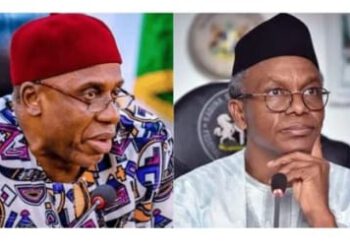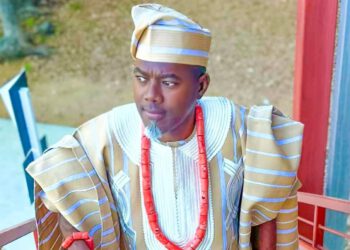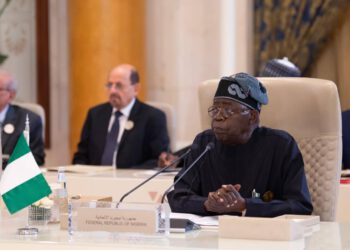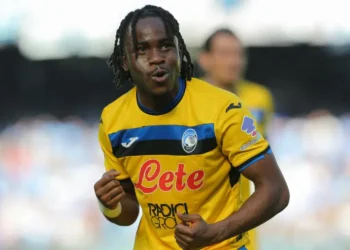According to the Webster Dictionary, a godfather finds, supports, or inspires, is a guardian and the one who watches over and protects.
Amazingly, the backbone of our political leaders is the godfathers. In case you are wondering, these godfathers are the grandfathers; they rule us indirectly by telling their grandson what to do and what not to do; why not bring them into the limelight?
For many, the word godfather brings up images of corrupt leaders; however, the role of a godfather is a great honor, and it comes with responsibilities. A godfather demonstrates trust, capabilities, and commitment, but what do the people do?
The Founding Fathers of party politics in Nigeria were godfathers. These people were very influential and successful businessmen, former political office holders, and influential people. For instance, Oloye Saraki was a former leader of the Nigerian senate in the Second Republic who backed Mohammed Lawal to victory and Alhaji Attah to become the governor of old Kwara state in 1979 and Bukola. But what did this so-called godson do? – He rebelled; is it not certain the godsons have the problem? Why can a godfather not eat the fruit of his labor without people insulating him that he is selfish?
We all talk about the negative impact of godfathers; we say they are greedy, but we never talk about their tragedy. It is said they care less, but they are the pillar of our nation.
In Yoruba land, a godfather is regarded as” “baba nigbo” (a great help in times of trouble). Do you not think we need” baba nigbo” in Nigeria? Nigeria deserves better than it currently is served.
The godsons of the late Chief Obafemi Awolowo in South-western Nigeria, collectively known as Afenifere (those who wish others well), included the late Chief Bola Ige, Alhaji Lateef Jakande, and Chief Bisi Onabanjo, who were state governors during the second republic in Nigerian history (1979-1983). Dr. Azikiwe’s godsons in Eastern Nigeria included Chief Jim Nwobodo and Chief Sam Mbakwe.
Both were governors in the Anambra and Imo states, respectively, from 1979 to 1983. Alhaji AbubakarAbubabakar Rimi and Alhaji Balarabe Musa were governors of Kano and Kaduna states during the second republic; both recognized Ahaji Aminu Kano as their political godfather throughout his lifetime.
These early godfathers in Nigeria supported and nurtured their godsons positively. The emphasis of that generation of godfathers was on developmental issues and not money. Our godfathers of blessed memory motivated their adopted sons to higher levels of political morality, which made it possible for them to be accountable to those who voted them into office.
In conclusion, godfathers are irresistible but can also be serviceable to the nation.
Asaolu Miracle is of the Department of English, Lagos State University, LASU.




